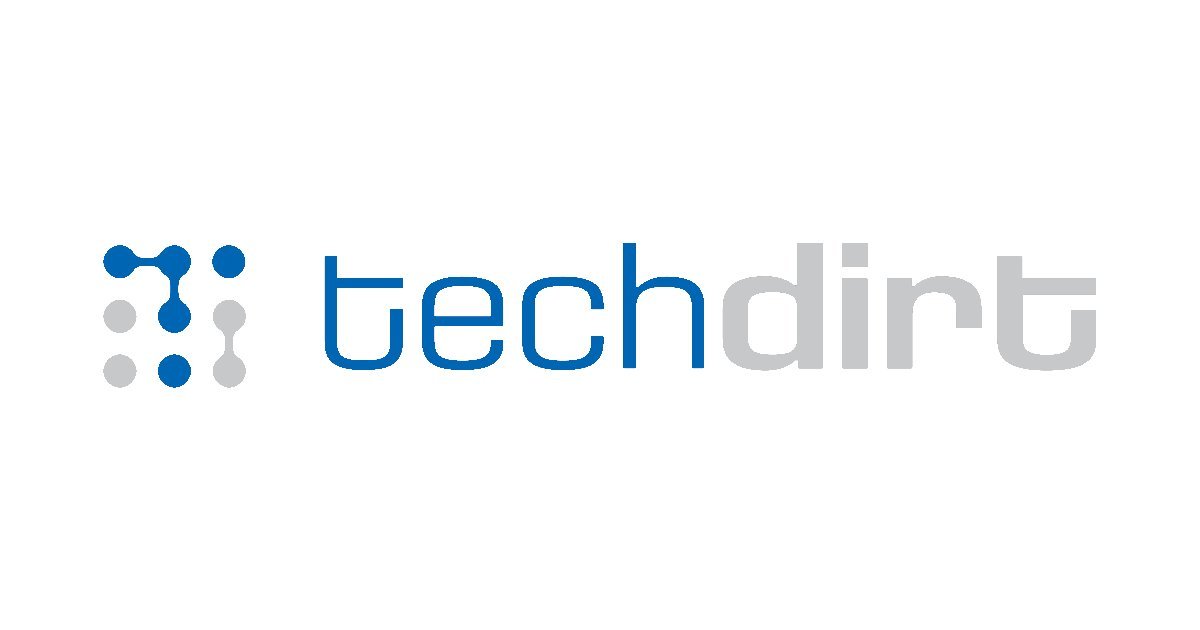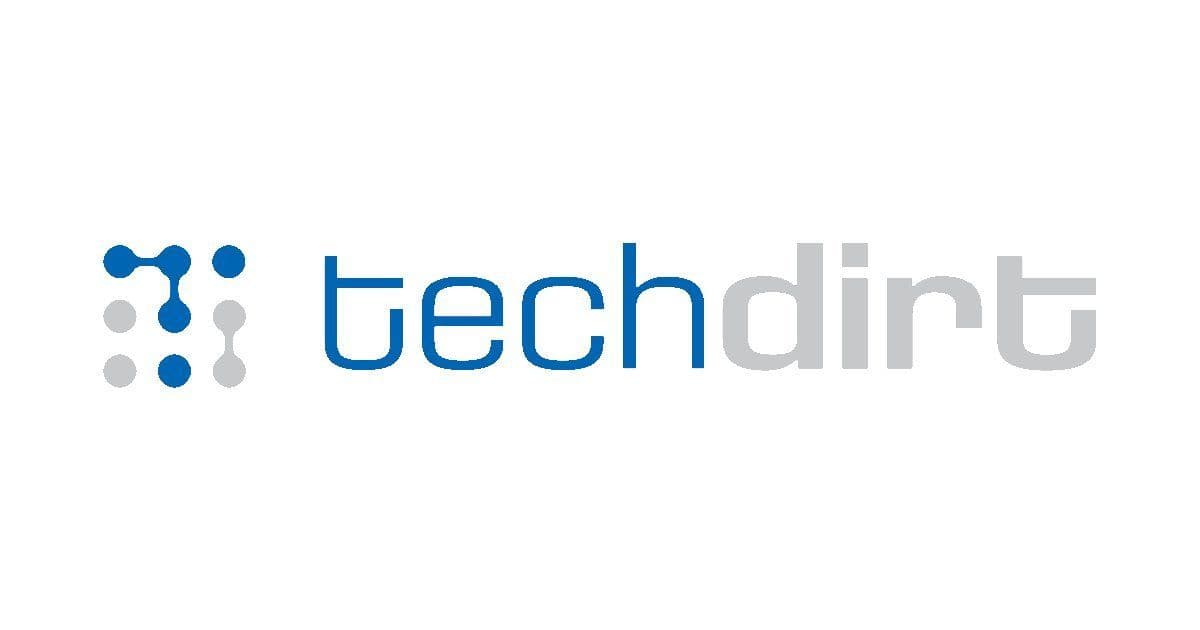Websites are increasingly deploying aggressive anti-scraping measures to block AI bots, inadvertently weaponizing robots.txt and threatening to dismantle the interoperable web. This defensive stance could Balkanize online content, break essential services, and undermine decades of open access principles while failing to solve core AI ethics issues.

For decades, the humble robots.txt file served as the internet's gentle handshake—a voluntary agreement between website owners and crawlers about which corners of the web were off-limits. Today, that compact is being weaponized in a desperate bid to wall off the open web from AI's insatiable data hunger. As Techdirt reports, this escalating arms race risks fragmenting the very architecture that makes the internet functional.
The Crawler Crackdown Escalates
Major publishers, image repositories, and social platforms now deploy increasingly aggressive directives in robots.txt—or entirely new protocols like the AI-focused ai.txt—to block LLM training bots. While understandable given copyright anxieties, these measures often resemble blunt instruments:
User-agent: ChatGPT-User
Disallow: /
User-agent: Google-Extended
Disallow: /private-content/
"We're treating symptoms, not the disease," argues cybersecurity expert Mina Chang. "Blocking scrapers ignores the fundamental need for transparent data governance frameworks. This is like installing moats instead of building fair trade agreements."
Collateral Damage to the Web's Plumbing
The backlash carries unintended consequences that extend far beyond AI:
- Search Engine Degradation: Generic bot-blocking cripples legitimate indexers, making content invisible to Google and diminishing discoverability
- Accessibility Breakdown: Screen readers and archival tools relying on crawling face new barriers
- Research Chilling: Academic data collection for studies on misinformation or network analysis becomes technically or legally fraught
- API Lock-in: Sites pushing users toward authenticated API access (like Reddit's recent moves) create walled gardens favoring corporations over individuals
The Illusion of Control
Paradoxically, these measures may prove ineffective against determined AI firms. Sophisticated actors can:
- Ignore
robots.txtentirely when scraping public data (a legal gray zone) - Utilize offshore data harvesting operations
- License content through opaque partnerships
Meanwhile, smaller developers and researchers bear the brunt of compliance complexity. The internet's open-access ethos—which enabled innovations from Wikipedia to open-source intelligence tools—gives way to fragmented, permissioned access.
Beyond Binary Solutions
The path forward requires nuance: technical guardrails must evolve alongside ethical frameworks. Projects like the EU's Data Act hint at standardized opt-outs for AI training, but lack global enforcement. Until lawmakers and tech leaders address core issues of compensation, attribution, and consent, we risk sacrificing the web's generative potential at the altar of artificial scarcity. The greatest casualty won't be AI models—it'll be the loss of the internet as a truly public commons.

Comments
Please log in or register to join the discussion